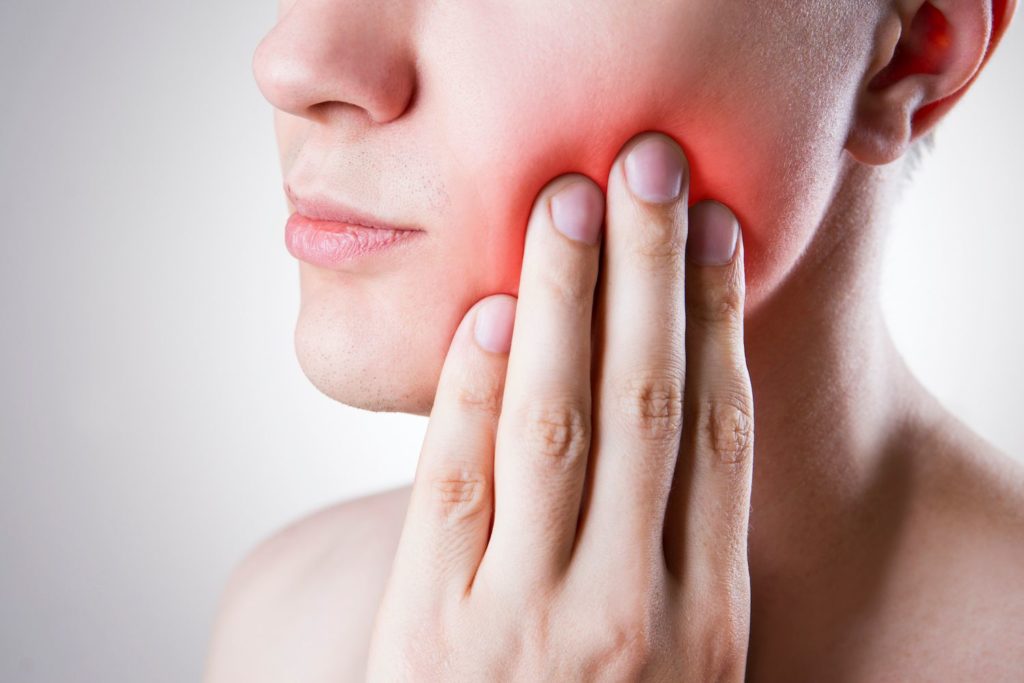Tight muscles in the jaw can lead to difficulties chewing, speaking, and performing other oral functions. You might also notice soreness in the jaw, teeth, ears, or head. These symptoms suggest you might have temporomandibular joint disorders, often referred to as TMJ.
These issues will worsen without intervention from your dentist. If you schedule an appointment, your dentist can find the cause of this problem and provide relief for the condition. Read on to discover treatments that your dentist may suggest for alleviating TMJ symptoms.


Reduce Stress Factors
One of the most common causes of TMJ disorders is teeth grinding or clenching behavior, also known as bruxism. This habit can begin or worsen if a patient experiences heightened stress levels.
Many cases of bruxism can be resolved by reducing a patient’s stress. A dentist can suggest breathing exercises to help patients feel relaxed. They can also point to lifestyle changes that will lower the amount of stress in their lives.
A dentist may also give their patient stretches or facial exercises to do that will help loosen tight muscles that restrict jaw movement and cause pain. These therapeutic measures can relieve TMJ symptoms and improve jaw function.
Wear a Custom-Made Mouthguard
In many instances of bruxism, the grating of the top teeth against the bottom teeth occurs without the patient’s awareness. In many cases, patients will grind or clench their teeth at night while they sleep. Since they are unconscious, they cannot stop this behavior on their own.
Dentists may give these patients a custom-made night guard to wear as they sleep. The individualized fit ensures comfort and security in the mouth, which encourages patients to wear it as directed.
A night guard will cushion your teeth against unconscious bruxism and will also keep your jaw in a position where the muscles can rest. This way, the jaw will not feel so tight, and you will no longer have issues with pain and movement when you wake up in the morning.
Aligning Crooked Teeth
Crooked teeth can mean that your jaw does not close properly when you bite down. An improper bite can generate pressure in the jaw which may lead to TMJ and its uncomfortable symptoms. You cannot resolve this issue without dental intervention.
Amending bite problems can help to alleviate this pressure and therefore jaw discomfort and functional issues. You may need a referral to an orthodontist to straighten crooked teeth or realign your jaw.
In some cases, teeth may be overcrowded in the jaw, causing similar bite concerns. Your dentist may recommend a tooth extraction procedure to reduce this crowding and improve your bite.
Without this pressure on your teeth and jaw, you can perform oral functions without disruption. You will notice no pain, clicking sounds, or restriction in movement in the jaw after this treatment. Schedule a consultation with your dentist to determine the best way to resolve your TMJ concerns.
